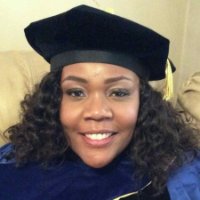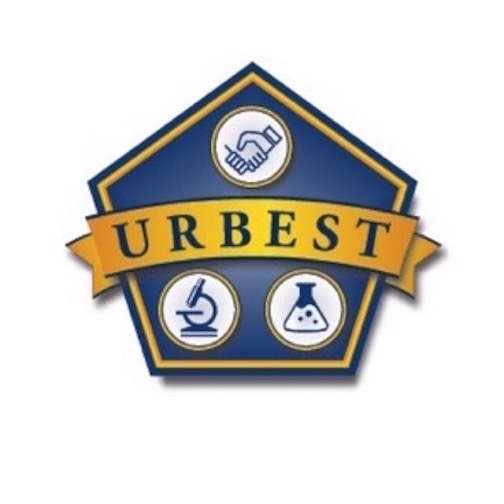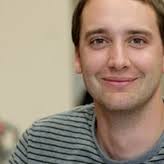Lunch with NIH Director Dr. Collins
News Article by Sarah Latchney, PhD, and Solomon Abiola, PhD graduate student and MS
As part of his visit during UR’s Meliora Weekend, NIH Director Dr. Francis Collins requested to meet with students and post docs for lunch. Seventy-seven trainees applied and fifteen were selected. Attendees Dr. Sarah Latchney and Solomon Abiola share their insights.
Next Step: Post Doc
News Article by Letitia Jones, PhD
A postdoctoral position is not always the obvious next step. In this Q&A, Letitia Jones shares her thoughts on academia vs. industry and making the transition after graduate school and provides some tips for achieving success...whatever that might look like to you.
What I’ve Learned in My First Two Years as URBEST Executive Director
News Article by Tracey Baas, PhD, Executive Director of URBEST
Many people are surprised when I tell them that I’ve only been at UR and with URBEST for two years and my “unofficial” anniversary is Halloween. My initiation into the NIH BEST program occurred in Bethesda at the first annual NIH BEST meeting, October 29-31, 2014. In fact, my first interaction with URBEST co-PI Sarah Peyre, Assistant Dean of Interprofessional Education, was on a plane flying to the meeting. Even though I’ve only been here two years at UR, I’ve learned a lot. I believe that what I’ve learned will not only benefit me, but can also benefit you. Many of these points were reinforced by experiences with organizing the recent URBEST Retreat and Career Workshop. (Next year’s URBEST Retreat is Thursday Sept 14, 2017 if you’d like to mark your calendar.)
A Scientific Collaboration in Teaching
News Article by Zachary Murphy, PhD Candidate and "Roving Educator"
While there are many opportunities for internships in several career fields, the ugly truth remains that an internship for teaching is not a clearly defined entity. Therefore, upon the advice of a colleague, I sought out my own opportunity through the Active Teaching and Learning (MALT) program. Zachary Murphy explains how.
The Path of a Scientific Illustrator: An Interview with Ella Marushchenko
News Article by Rachel Walker, PhD Graduate Student in the Department of Pharmacology and Physiology
Imagine that after spending months developing a great story with your research, you really want your work to stand out. So you decide to include an illustration. But without knowing whom to ask, how do you obtain an illustration like this? Who can you approach? Rachel Walker finds out with scientific illustrator Ella Marushchenko.





